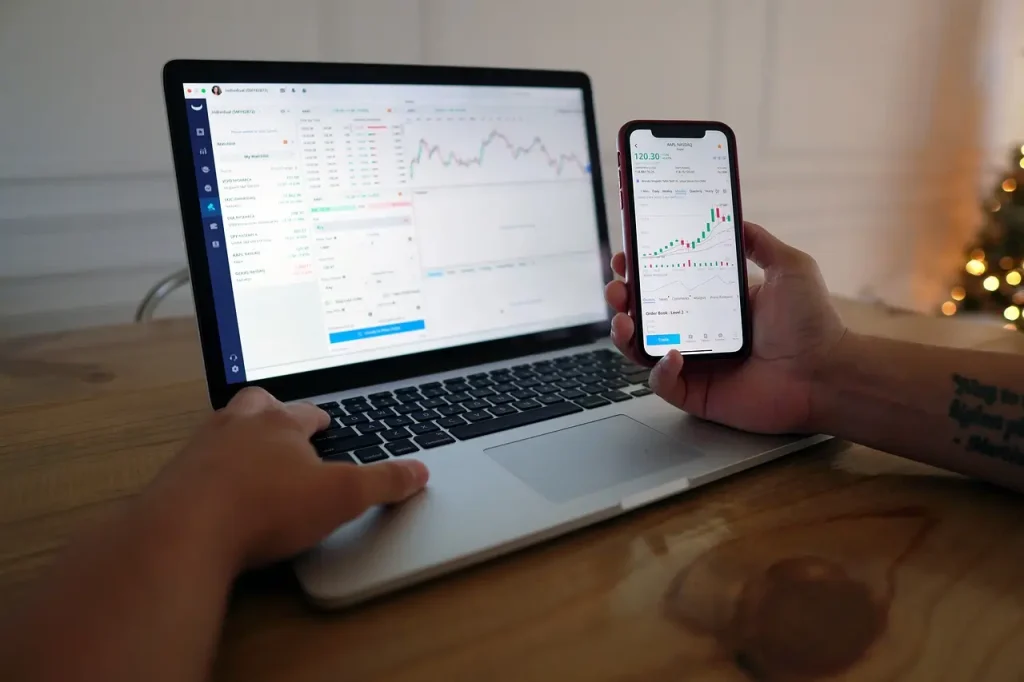Inflation is more than just rising prices—it reshapes economies, shifts global trade, and influences currency strength. Whether you’re a trader, investor, or just curious about how money works, understanding inflation’s role in currency valuation is essential. Let’s explore the key factors driving inflation and its impact on the world’s financial markets.
Ever wondered why the money in your pocket buys less over time? That’s inflation at work! Inflation directly influences currency valuation by reducing its purchasing power—meaning you need more of it to buy the same things. But here’s where it gets even more interesting: inflation doesn’t just affect local prices; it shifts global currency values, impacting trade, investments, and even our savings.
Central banks, like the Federal Reserve or the European Central Bank, try to control inflation by adjusting interest rates, which in turn affect how much money flows in and out of an economy. When inflation rises too fast, a currency may lose value, making imported goods more expensive. But moderate inflation can actually be a good thing—helping businesses grow and wages increase. On the flip side, if inflation drops too low or turns negative (deflation), it can lead to economic stagnation.
So, how does this all play out in the real world? Some countries, like Venezuela and Zimbabwe, have experienced hyperinflation, where their money became practically worthless overnight. Others, like Japan, have struggled with long periods of low inflation, leading to sluggish economic growth. Meanwhile, forex traders watch inflation reports closely, adjusting their strategies to profit from currency fluctuations.
If you’re wondering how inflation affects trade, investments, and even your personal finances, you’re in the right place! Let’s break down how inflation moves money across the globe, what causes it to rise or fall, and how it shapes economies in ways we might not expect.
Inflation isn’t just about rising prices—it’s a powerful force that reshapes economies and shifts global currencies. When inflation surges, it erodes purchasing power, making goods and services more expensive. But how exactly does this impact the value of money? And why do some currencies weaken while others remain strong? Let’s break it down.
Inflation doesn’t happen by accident. Several factors push prices higher or lower, directly influencing a currency’s value.
Every country has a central bank, like the Federal Reserve (U.S.), European Central Bank (ECB), or Bank of Japan (BoJ), that manages inflation to stabilize currency values. Their most powerful tool? Interest rates.
When inflation gets out of control, investors lose confidence in a currency. This leads to depreciation, making imports more expensive and triggering a vicious cycle of higher prices.
When inflation skyrockets, it reduces the real value of money, making it less attractive to foreign investors. If a country’s inflation rate is higher than its trading partners, its currency may depreciate because:
In extreme cases, inflation spirals into hyperinflation, where prices double in a matter of days or even hours. This has happened in:
When hyperinflation strikes, a currency collapses, and people lose faith in their money, turning to gold, foreign currencies, or even cryptocurrencies for stability.
While inflation gets most of the attention, deflation—a sustained drop in prices—can be just as dangerous. When prices fall, businesses earn less, wages stagnate, and consumers delay spending, expecting prices to drop further.
This happened in Japan’s “Lost Decade” (1990s-2000s) when persistent deflation led to economic stagnation. The Japanese yen (JPY) remained strong, but growth stalled, forcing the Bank of Japan to use negative interest rates to stimulate spending.
Currency traders monitor inflation reports like the Consumer Price Index (CPI) and Producer Price Index (PPI) to predict market movements. If inflation is higher than expected:
When inflation affects a country’s currency, global trade shifts. If a currency weakens, exports become cheaper for foreign buyers, boosting sales. But imported goods become more expensive, raising costs for businesses and consumers.
Investors also adjust their portfolios:
Understanding inflation’s role in currency markets helps us navigate economic shifts, investment strategies, and forex trading opportunities. Whether inflation is rising, falling, or out of control, its effects ripple across global finance, trade, and monetary policy, shaping the strength of every currency worldwide.
Join thousands of traders who trust VantoFX as their top trading provider. Experience the difference – trade with the best.
Don’t know which account will be best for you? Contact us.

Trading over-the-counter derivatives involves leverage and carries significant risk to your capital. These instruments are not appropriate for all investors and could result in losses exceeding your original investment. You do not possess ownership or rights to the underlying assets. Always ensure you are trading with funds you can afford to lose.